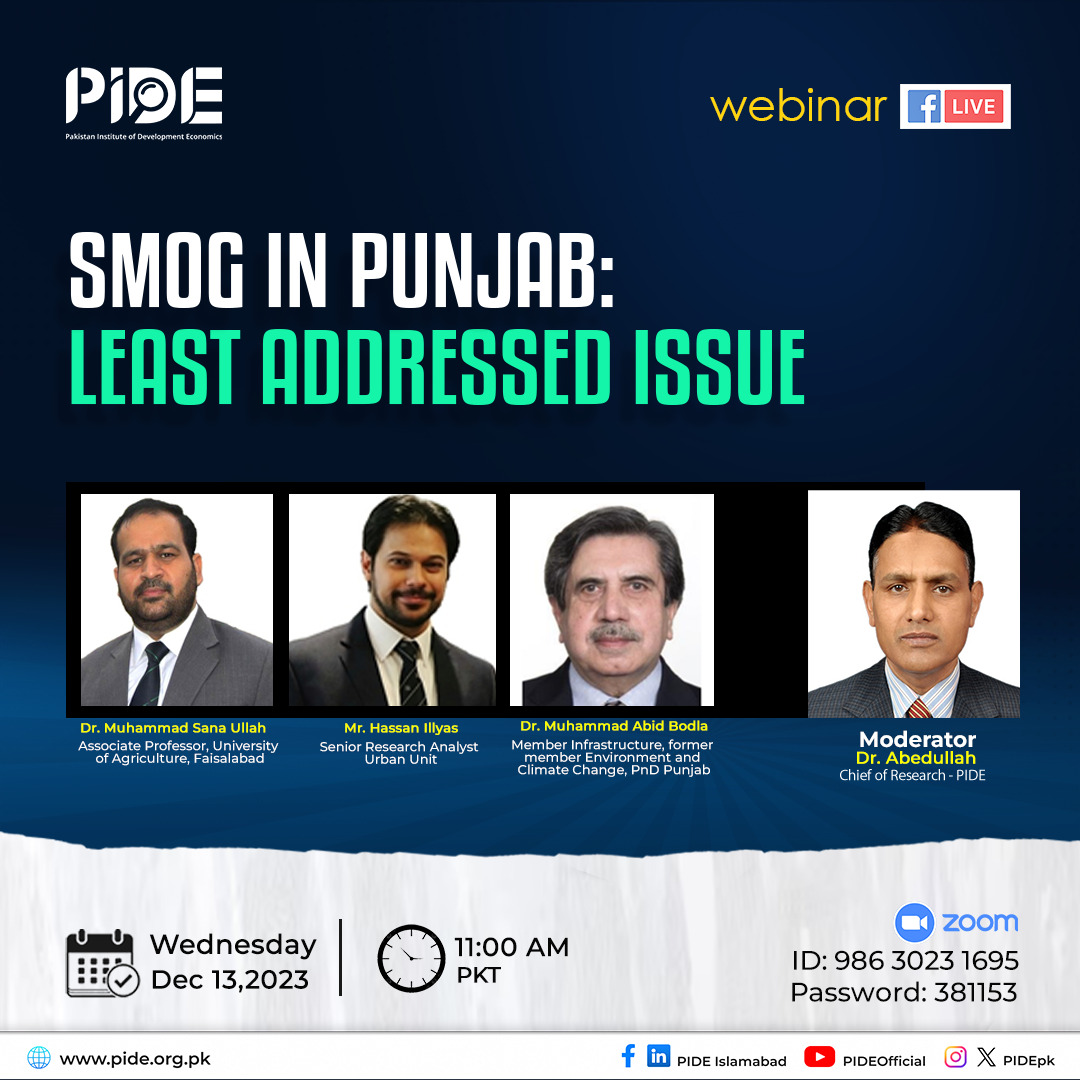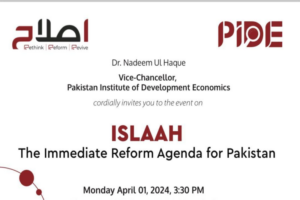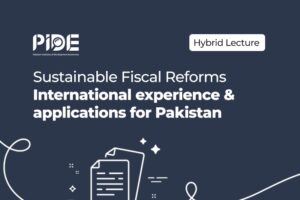Dr. Muhammad Sana Ullah (Associate Professor, University of Agriculture, Faisalabad)
Dr. Muhammad Sana Ullah is working as a Tenured Associate Professor at the Institute of Soil & Environmental Sciences, University of Agriculture Faisalabad. He received his Ph.D. degree in Climate Change from the University of Paris. He was awarded with AvH Post-doc fellowship from the Alexander von Humboldt Foundation, Germany. The expertise of Dr. Muhammad Sana Ullah is about crop residue management along with Climate Change and many others.
Q. 1. Do you think that crop residue burning contributes to the smog issue in Lahore?
Q. 2. It is generally believed that crop residue is a good source of animal feed. Then crop residue burning is not affecting farmers’ net income and soil health?
HASSAN ILYAS (Senior Research Analyst, Urban Unit)
Mr. Ilyas is Senior Research Analyst at the Urban Unit and Environmental Specialist, has fifteen years of professional experience in the development sector. As a part of Urban Unit’s environment team, he provides technical and advisory support to the government regarding air quality, smog, and climate-related challenges.
Question No.1: We all know that Lahore remains on top of the poor air quality index. We need to understand, what went wrong and how we reached this stage.
Question No.2: What are the major contributing factors deteriorating the air quality and what can we do about it?
Dr. Muhammad Abid Bodla (Former Member Planning and Development Board, Punjab)
Dr. Abid Bodla holds extensive professional experience for environmentally sound planning, and implementation of infrastructure development programs and projects. He received his Master’s and Ph.D. degrees in civil engineering with specialization in Water Resources Systems Analysis and Water Resources Planning & Management from Colorado State University (USA) in 1993. He served as Member Planning & Development Board for the Punjab province in Pakistan where he oversaw policy planning and strategic development for the province’s Water and Infrastructure Development sectors.








